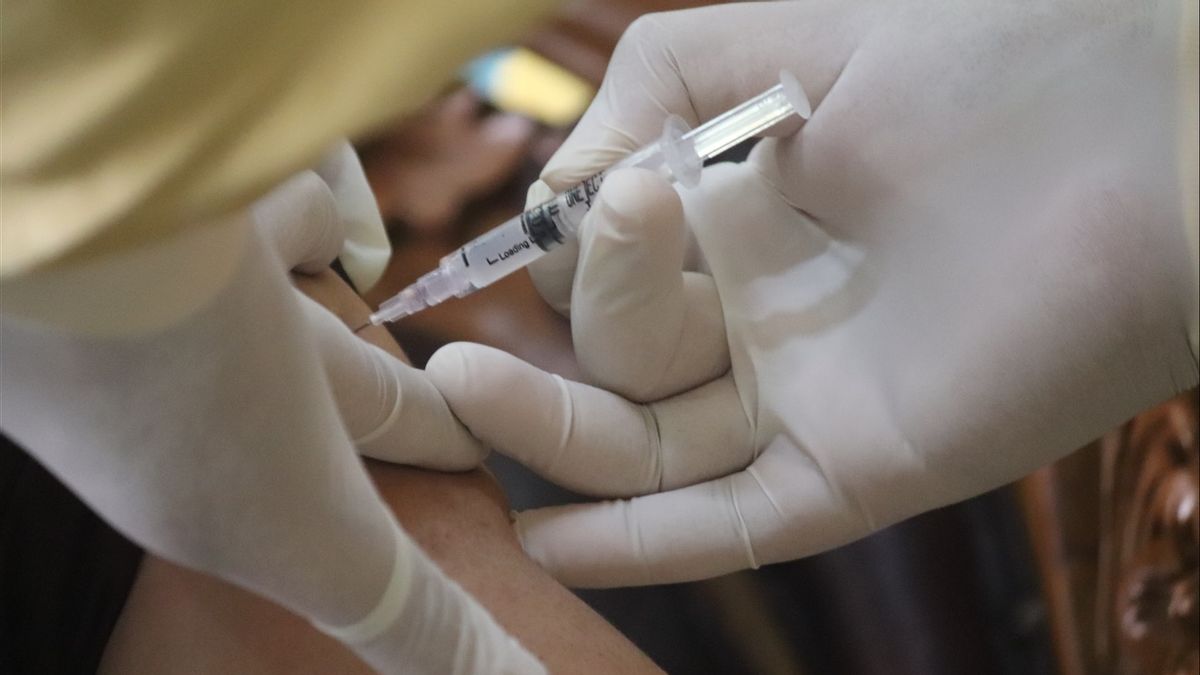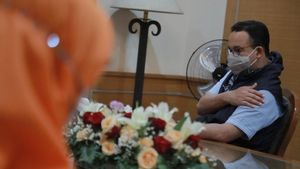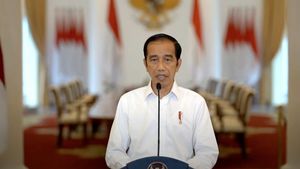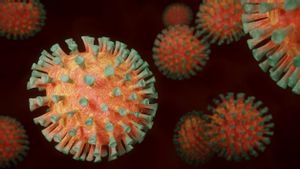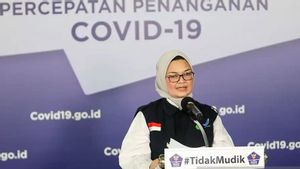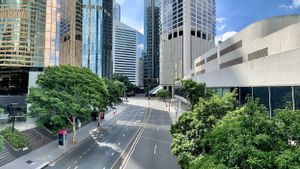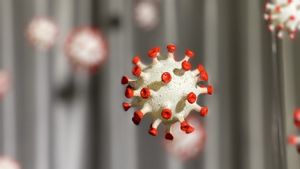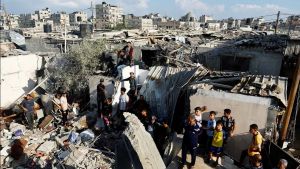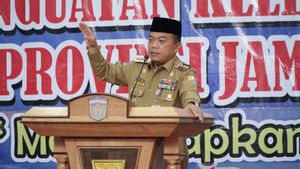JAKARTA - President Joko Widodo (Jokowi) announced that the Sinovac vaccine can finally be given to children aged 12-17 years. This announcement is an answer in the midst of high cases of COVID-19 in children and a fairly high death rate.
Through a video caption, President Jokowi is grateful that the Food and Drug Supervisory Agency (BPOM) has finally issued an emergency use authorization (UAE) for the Sinovac vaccine in children. This means that children aged 12-17 years in the country can now be injected with the COVID-19 vaccine.
"We are grateful that the BPOM has issued an emergency use authorization for the Sinovac vaccine which is declared safe for use by children aged 12 to 17 years", Jokowi said in a video broadcast on the Presidential Secretariat's YouTube channel, Monday, June 28.
He did not specify when vaccinations for children would begin to be given. However, the former Governor of DKI Jakarta hopes that the administration of this vaccine can be carried out immediately in order to reduce the spread of COVID-19, especially among children.
"Vaccination for children of that age can be started immediately and in suppressing the spread of COVID-19 this can only be done with joint efforts", he stressed.
This vaccination step could be one of the answers to the views of the Indonesian Child Protection Commission (KPAI). KPAI Commissioner Retno Listyarti said the handling of COVID-19 in the country so far has not favored children who are classified as vulnerable groups.
"The case of infection in children reflects that the handling of COVID-19 in Indonesia has not been in favor of children. There are conditions that are not optimal to protect children as one of the vulnerable groups against COVID-19", Retno told reporters.
Diriya explained that based on data compiled from the Indonesian Pediatrician Association (IDAI), the proportion of positive cases of COVID-19 in children aged 0 to 18 years in Indonesia was 12.5 percent. This means that 1 in 8 positive cases of COVID-19 are experienced by children.
This is, of course, different from the trend of cases of infection in children on a global scale, which always ranks the lowest. In fact, the proportion of COVID-19 infections in children globally is only about 3 percent.
SEE ALSO:
Furthermore, the death rate or case fatality rate of COVID-19 in children in Indonesia is the highest in the world, at 3 percent to 5 percent of the total confirmed positive children.
Not to mention, the complex health situation of children, such as malnutrition and stunting, will worsen the condition of children infected with COVID-19. Moreover, hospitals in Indonesia are not yet equipped with special ICU rooms for children infected with COVID-19.
So, there are a number of steps that the government should take to overcome this problem. Starting from carrying out strengthening tracing, testing, and treatment or 3T to strengthening basic immunization.
Basic immunizations are important to be given in the midst of the COVID-19 pandemic. Moreover, at this time, the intensity of this program tends to decrease.
In addition, Retno also asked to postpone the opening of schools with face-to-face learning (PTM) at the beginning of the upcoming new school year.
"The government must postpone the face-to-face learning (PTM) in the new school year in July 2021 which is less than a month away, considering the very high case and the positivity rate in some areas is above 5 percent".
The English, Chinese, Japanese, Arabic, and French versions are automatically generated by the AI. So there may still be inaccuracies in translating, please always see Indonesian as our main language. (system supported by DigitalSiber.id)
